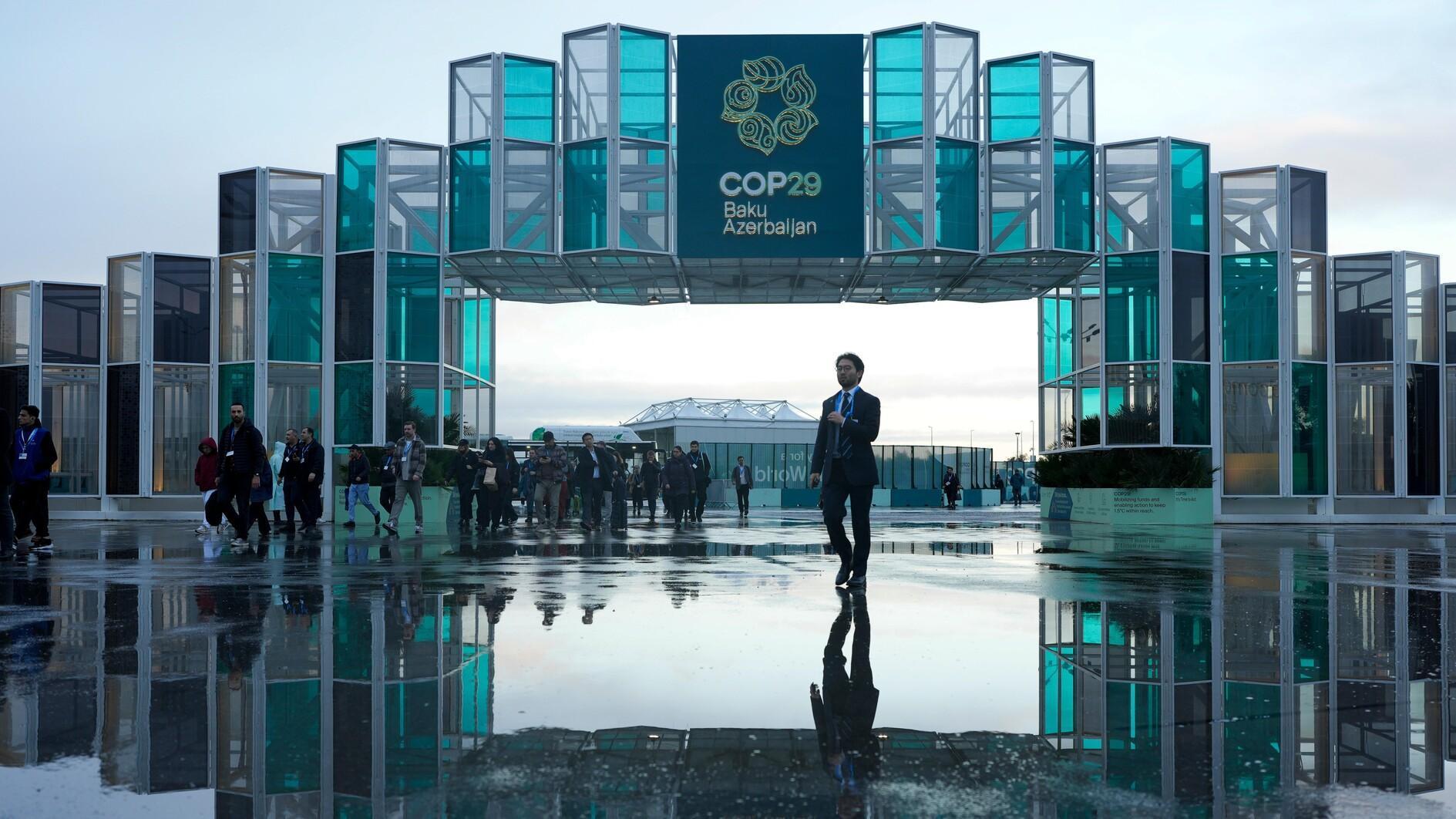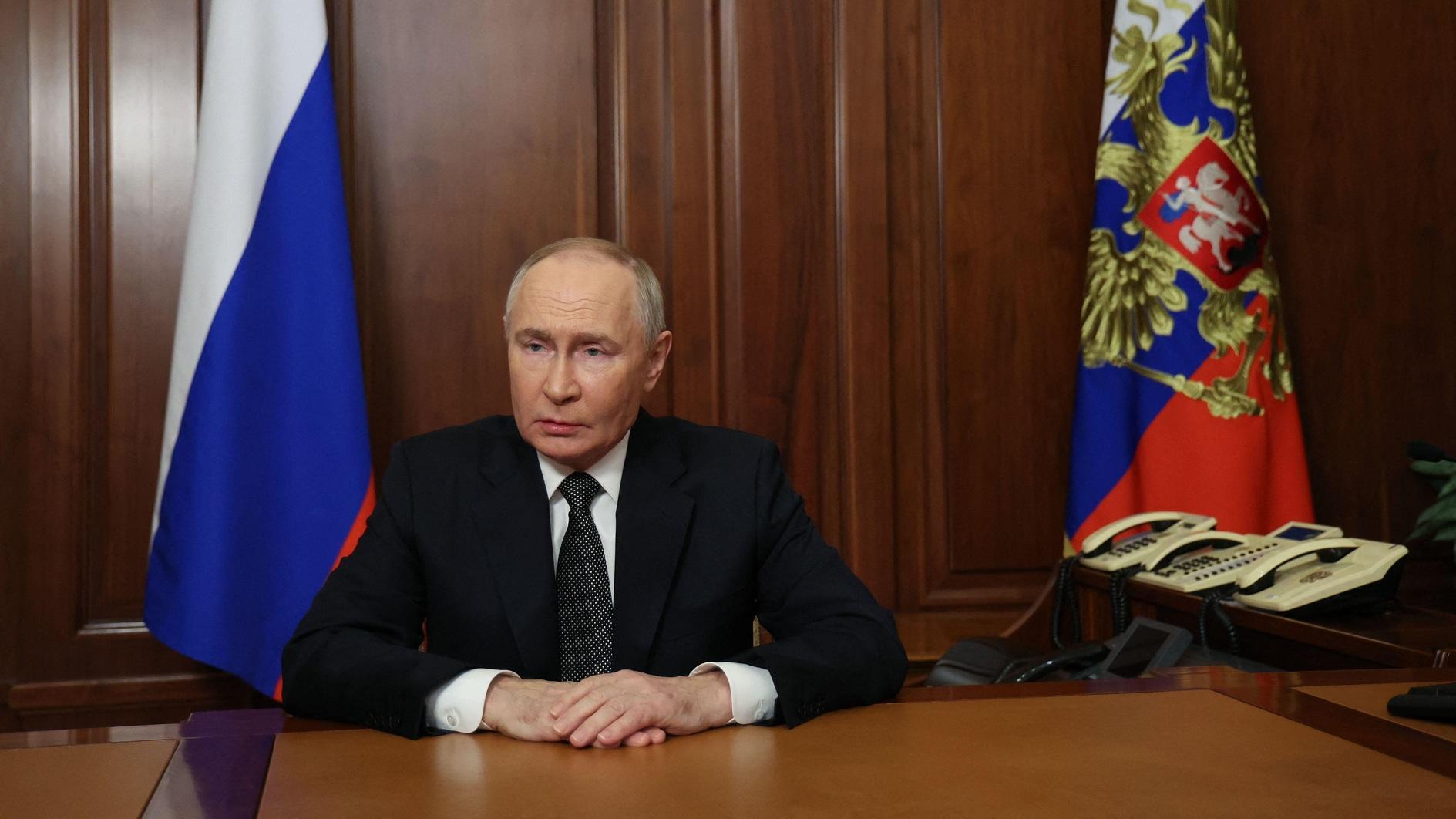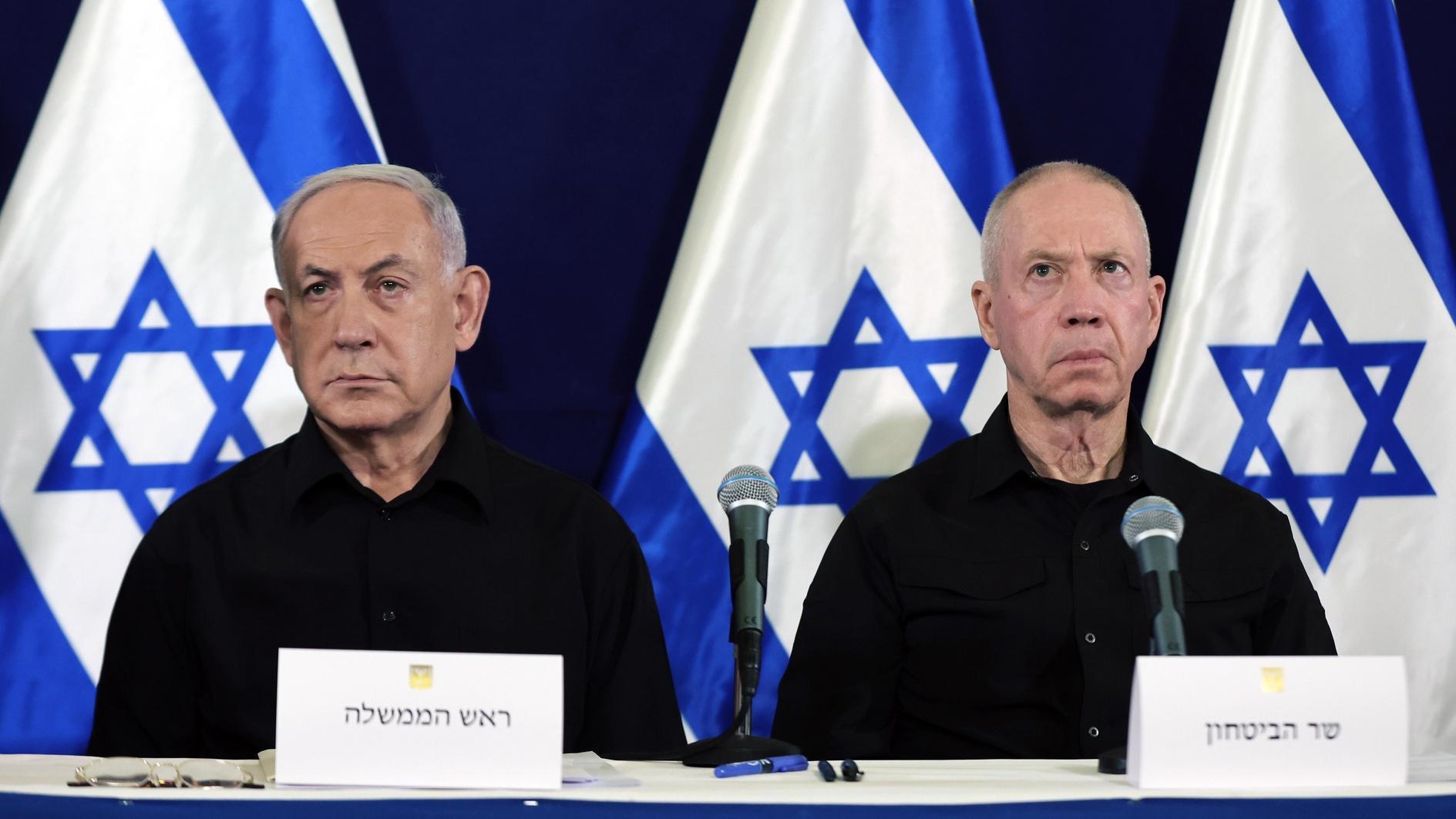The presidential debate rears its head again
The debate about a presidential system for Turkey started as soon as it was clear the Justice and Development Party (AKP) had won a landslide victory in the elections on Nov. 1. The matter is now being discussed within the framework of the need for a new constitution.
President Recep Tayyip Erdoğan, the main stakeholder in this debate, is not holding back in letting his views be known. Speaking in Ankara on Nov. 10 at a ceremony to commemorate the 77th anniversary of the death of Mustafa Kemal Atatürk, the founder of the republic, he referred to the urgent need for a new constitution
“Let’s not hesitate discussing anything. It is our nation who will eventually make the decision as a requirement of the republic and democracy. Let’s trust the nation,” he said, uttering words which appear innocent enough.
If he is sincere then one should also be able to discuss a federal or confederal solution to the Kurdish problem and by the same token should also be able to discuss making the inviolability of the freedom of the press a prime article in any new constitution.
Clearly, however, these topics are not “discussable,” as far as he is concerned. Given the backdrop of Erdoğan’s remarks one would not be totally off the mark, therefore, if one were to interpret his words to mean “let’s also discuss a presidential system.”
Erdoğan has made his view on Turkey’s parliamentary system sufficiently known. He believes the problems we face today would not exist under such a system. He has also made no secret of what lies in his heart in this regard.
He has said in the past that the presidential system in the U.S., with its checks and balances, is not suited for Turkey. It is clear that what he wants for Turkey is not a “presidential system” but a strong “leadership” system.
Many argue that he is aiming for some kind of “constitutional dictatorship,” which appears a contradiction in terms from a democratic perspective. Erdoğan’s problem, however, is that the AKP does not have enough seats in parliament to fashion a constitution that suits him.
The best the AKP can do is draft a constitution and submit it to a referendum. Clearly encouraged by his victory in the 2014 presidential elections, and by the AKP’s latest landslide, he believes “the nation” will opt for the system he wants.
Judging by the results of both of those elections however, it is only 50 percent of the nation, at best, which might want this, and even that is a big “IF.” This means a narrow based constitution that represents only a portion of the nation, not the whole, which is hardly healthy for Turkey.
Erdoğan has another problem. It is not apparent that everyone in the AKP is comfortable with the idea of a presidential system. But even if they accept such a system for Turkey they appear to have provisos. Take Prime Minister Ahmet Davutoğlu, for example.
He told public broadcaster TRT in an interview the other day that changing the existing parliamentary system into a presidential one was not a priority for his government. He argued that comprehensive reforms to meet people’s demands were a higher priority for the country.
Davutoğlu did not close the door on a presidential system, but qualified his remarks by indicating that they supported a system “based on a well-defined principle of a separation of powers.” So we are back at the “checks and balances” Erdoğan does not want.
Davutoğlu stressed, however, that this was “not a discussion for today,” when there are more urgent matters. These remarks are not quite in tune with the position taken by Erdogan’s supporters in the AKP.
It is obvious that if Erdoğan insists on fanning this debate, one way or another, this will drain energy from the AKP government, which was clearly elected to provide stability, not uncertainty and social in-fighting as a result of debates that only make political tempers flare.











